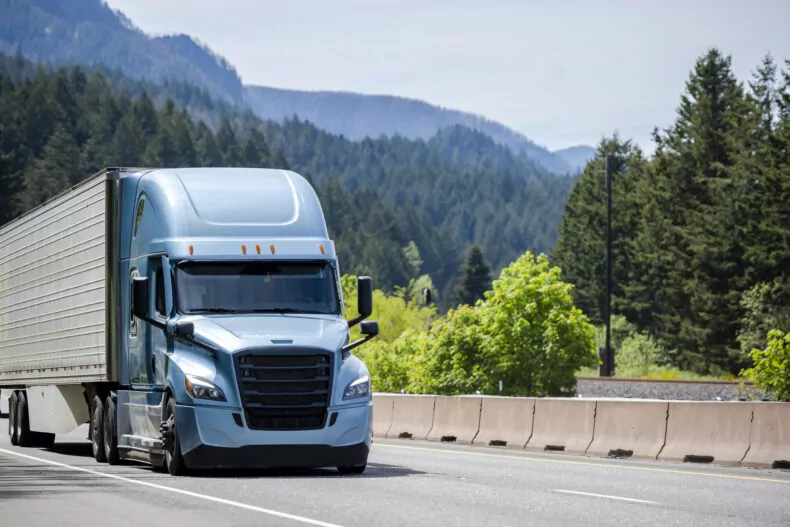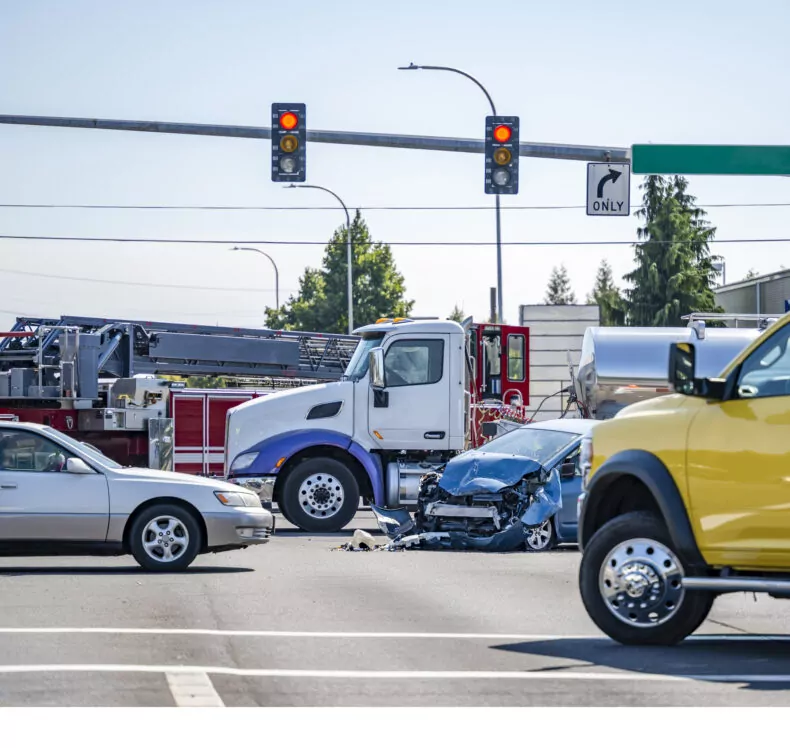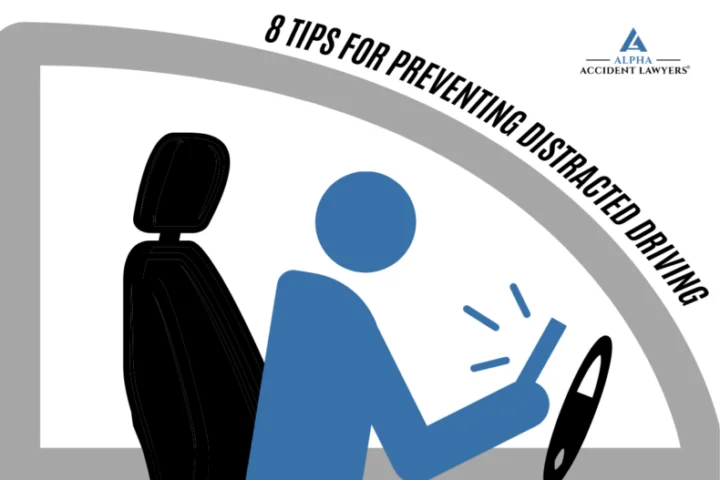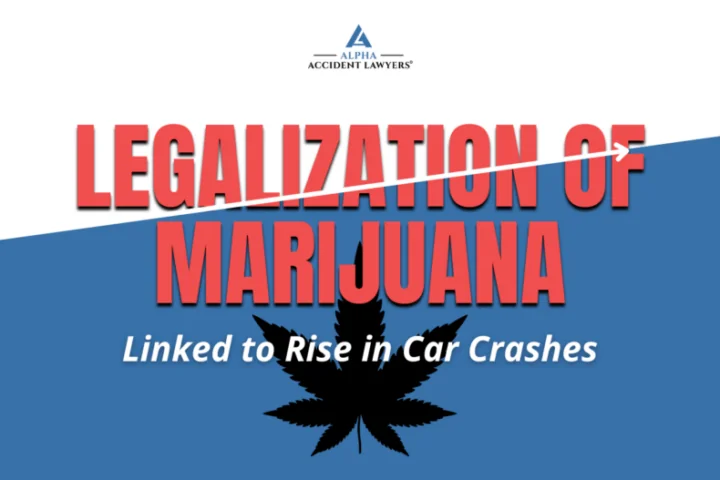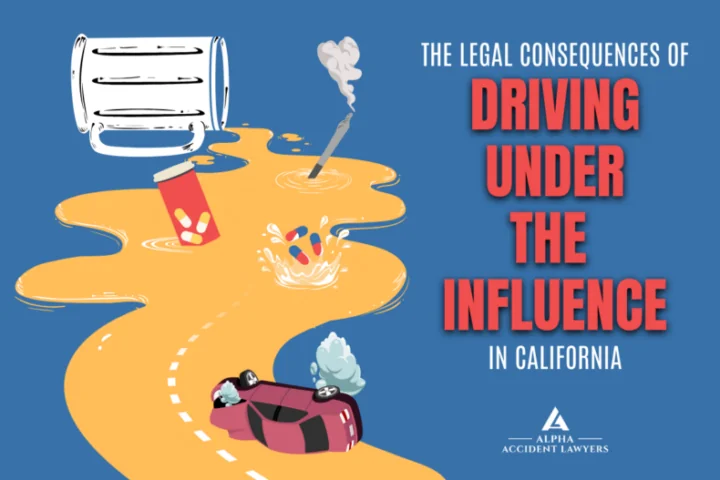Is an Employer Responsible for Employee Actions That are Related to an Accident?
If you’ve ever been in a car accident, then you know just how scary it can be. It doesn’t matter if the other driver is at fault or not. Being involved in a car crash and possibly injured or killed is enough to make anyone’s blood run cold. What’s even worse than getting into a car accident is getting into an accident with a big rig truck. This was the fate of over 100,000 drivers in 2020. Sadly, more than 4,000 of those collisions were fatal. So, what happens if you’re involved in an accident with a company truck? When is an employer responsible? Do you cover your own medical fees?
The answers may surprise you. Keep reading for what you need to know about how liability works in these situations.
Is an Employer Responsible for a Company Truck Accident?
The employer of the truck driver is typically liable for any accidents that their employee causes. This is especially true when the truck driver is on duty because of vicarious liability.
To determine if an employee was acting within their job description at the time of a crash, ask the following questions:
- Was the employee engaged in activities that would benefit their employer?
- Is the employee allowed and hired to operate a vehicle as part of their job?
- Did the incident occur on company property?
Hence, if you are in a vehicle accident and the employee fits any of these criteria, your employer is liable for any damages you suffer.
Likewise, if a driver is not licensed, the employer responsible will be liable for any expenses that occur during the employee’s work-related accident. This includes medical fees, vehicle repair, and property damage.
However, if the employer can prove the employee was not acting in their capacity as an employee at the time of the accident, they can reduce their liability.
When a Company Car Accident Is Not the Employer’s Liability
An employee may be liable for damages caused by a company vehicle if they were negligent or at fault. Some examples of common situations where an employee might be “at fault” include:
- Speeding
- Tailgating
- Commuting home
- Driving while intoxicated
- Failure to use turning signals
- Using a company car without authorization
- Switching lanes without alerting other drivers
- Driving on their way back from a lunch break
- Taking a personal trip while using the car as part of their job duties
If you suspect that an employee was being negligent, contact a truck accident attorney to start a claim against their insurance company.
What Happens if the Employee Was Driving a Company Vehicle for Personal Use?
If the employee was using a company vehicle for personal use, they will be held personally liable. However, there are special circumstances that lower the employee’s liability.
If an employer instructs an employee to use a company vehicle for personal trips (such as transporting family members), then the employer could be held responsible. Also, if it’s proven that the employer knew about the employee’s reckless driving but didn’t act accordingly once they found out, the employer may be liable for any resulting damage.
In short, depending on the circumstances of each situation, one or both parties could be held responsible in court.
Exceptions
There are exceptions to the general “scope of employment” rule. For example, in Taylor v. Roseville Toyota, Inc., the court ruled that the car dealership must cover medical costs caused when an employee takes one of its cars for a personal errand.
The reason? Liability was based on the Vehicle Code section 17150. This section declares that when the owner of a vehicle gives express or implied consent to another to use the car, the court will charge the owner for any damage caused by that person’s use of it.
In short, if the driver had the authorization to use the vehicle, you might be able to sue the employer for damage.
In addition, employers must cover damages if it is determined that the company did not take reasonable steps to ensure employees were not using company cars for personal reasons, such as checking business mileage logs regularly.
What Happens if the Accident Occurs During Their Commute?
When drivers cause an accident using their own vehicles as part of their employment, they’ll need proof that they were working at the time of the accident, such as:
- Evidence that their employer pays for the commute (even partially)
- Receipts showing that the employer reimburses the truck driver for using their personal car
- Proof that the employer requested the employee to commute to the location (ex. a job conference or an office picnic)
Under the “going and coming” rule, the truck driver must handle any damage caused during their commute where the aforementioned situations don’t apply.
What Happens if Damages Exceed the Insurance Coverage?
The expenses associated with a car accident can be outrageous, and the insurance plan the employer holds may not cover everything. If that is the case, you can sue the employer for the remaining expenses, including:
- Loss of wages
- Pain and suffering
- Mental anguish
- Loss of Companionship
- Punitive damages
What’s mentioned above is only a fraction of the payments you can request from the employer. Of course, for you to receive a breakdown of what’s fair to sue for, you’ll have to meet with a professional.
Get Fair Compensation For Your Accident
If your accident happened because the employee was driving recklessly or negligently instead of following orders, then it’s difficult to prove an employer is responsible for your injuries. It may also be difficult to establish who is at fault during the incident.
In any case, you’ll want to speak with an experienced truck accident attorney who understands how these types of cases work and can help you navigate through them successfully. Give us a call at Alpha Accident Lawyers to discuss what payments you may be eligible for.
